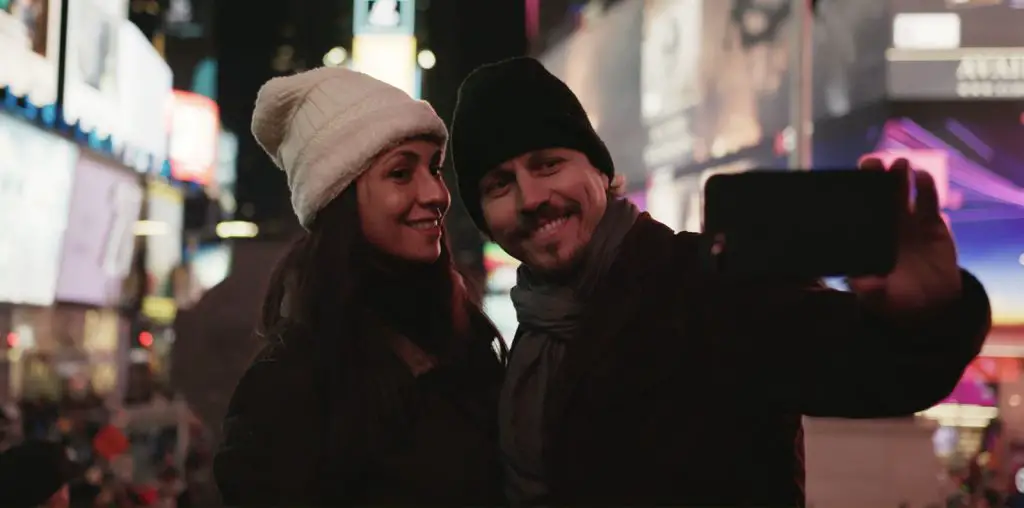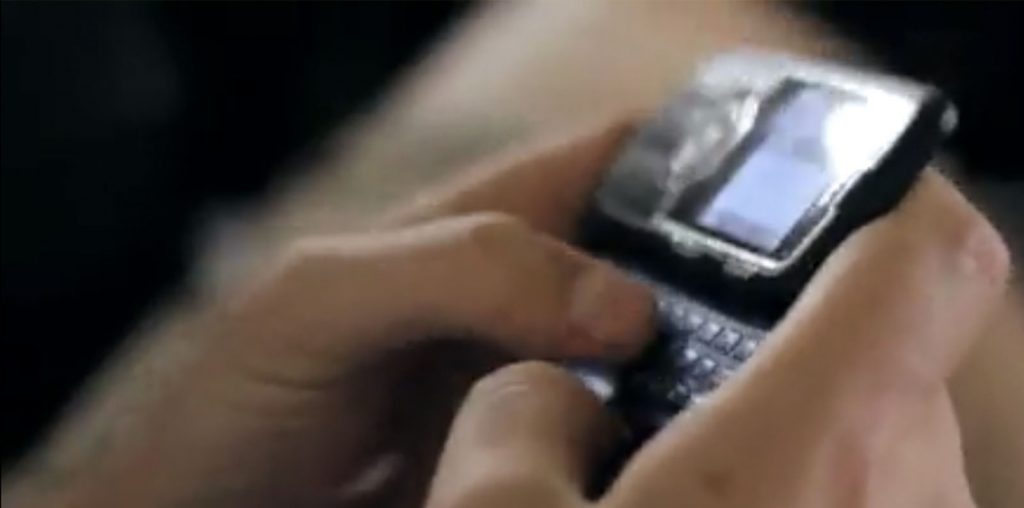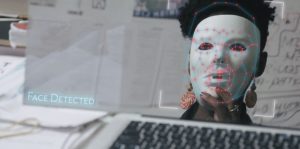
ASIAN AMERICAN INTERNATIONAL FILM FESTIVAL 2020 REVIEW! Coded Bias is about how facial recognition software is coded with a bias against people of color and women. The algorithms that run such software can be used by law enforcement without a warrant. Can you imagine the problems that ensue with unchecked power and wrongfully arrested people?
Writer-director Shalini Kantayya can, and it horrifies her. So, she made a documentary to address this issue and hopefully bring it to more people’s attention. She interviews several activists in the United States and London and follows them as they crusade to prevent law enforcement from using facial recognition, campaign to get the “FDA but for algorithms” created, or contact the corporations who invented the technology to improve it.
The movie opens with a fake A.I. talking directly to the audience, describing the ways it has been coded and, therefore, can be used for ill. Throughout the film’s swift 90-minute runtime, this A.I. shows up every so often, to discuss what is happening. It is a creative way of highlighting the somewhat intangible thing Coded Bias is about.
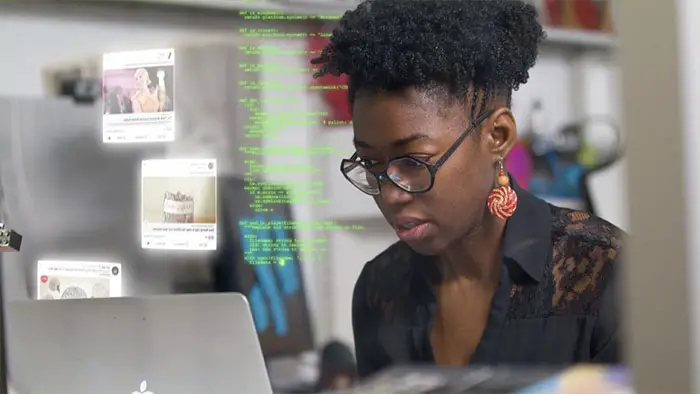
“…facial recognition software is coded with a bias against people of color and women.”
From there, we meet Joy Buolamwini, who discovered the racial bias in the facial recognition software. She was making an “Aspire Mirror” for a project, and it would not recognize her face unless she wore a white mask. Cathy O’Neil wants everyone to have a say in how their algorithmic data is being used and is campaigning for just that. Big Brother Watch is a U.K. based non-profit dedicated to preventing injustice from the use of facial recognition software and constant surveillance.
It is all entertaining and well put together. Kantayya never quite goes far enough in the history of police overreach or bias to make this feel as urgent or terrifying as it should come across. Coded Bias speaks about some weighty issues that will affect everyone in the near future if not addressed, but it never makes the proper correlation between these issues and the systemic racism of various power structures (i.e., the U.S. government). While it tries, it is all very surface level – did you know that most people in the tech industry are white and male?
Happily, despite this issue, the documentary is still worth a watch, mainly because it is expertly directed. It weaves through each narrative, which sometimes intersects, with ease, and it is never confusing who is talking about what subject. The movie also makes some of the more abstract ideas easy to understand and relatable. The A.I. is just one example, but Coded Bias also makes how the algorithms work or biometric data seem like more than just buzzwords thrown about by scientists and CEOs.
Even though Coded Bias never goes as deep as it should when exploring the issues of racism and sexism, it is still a fascinating watch. Kantayya directs with flair, and her screenplay pars down big ideas into digestible morsels. What the movie explores is horrifying, and let’s all hope that real changes are made fast before we end up in 1984.
Coded Bias screened at the 2020 Asian American International Film Festival.
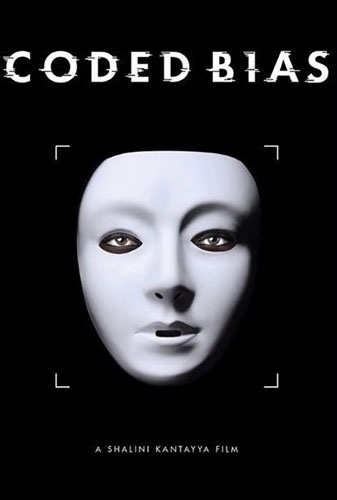
"…did you know that most people in the tech industry are white and male?"
